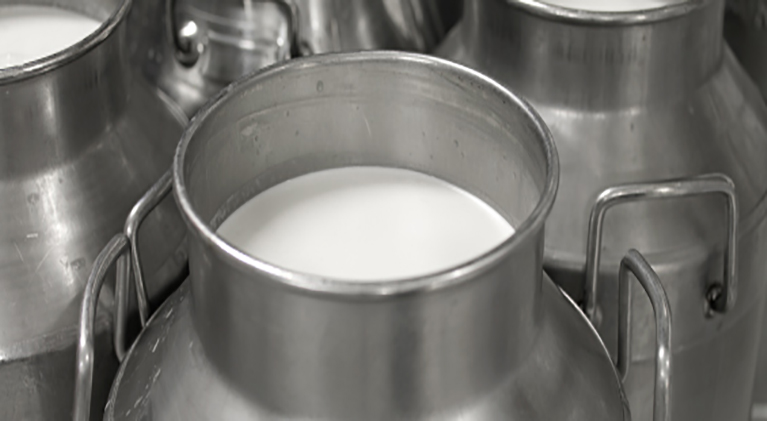Protein is hot. High protein diets are trending and store shelves reflect those trends as well as fueling innovations in the beverage industry. Not just for hydration anymore, beverages have become a source of muscle-building protein, energy, vitamins, minerals and fiber. It’s not unusual for consumers to reach for a beverage to serve as an entire meal replacement. And recent surveys show protein as one of the most sought out nutrients by shoppers.
Protein has become a symbol of health and nutrition in the marketplace. What was once the province of sports nutrition and weight management has now entered the mainstream, driven by consumers seeking to achieve personal fitness goals and healthy lifestyles.
Consumers prefer plant proteins
Whey and soy proteins have been the protein of choice in the past for beverage makers, but recently a whole new list of ingredients have entered the scene, many derived from plants. It’s not surprising to see a smoothie touting pea, chickpea, cashew or almond protein joining soy, peanuts, chia seeds, pumpkin seeds, avocado and spinach. The popularity of plant-proteins is attributed to a combination of consumer desire for protein plus the demand for cleaner labels.
Of course, high protein beverages create their own hurdles for beverage producers. Proteins can be tricky to work with, due to how they react to acidity levels, heat and other factors. And in ready-to-drink refrigerated beverages, a method to extend shelf life that doesn’t negatively affect the taste and texture of the drink is important.
Ensuring the protein will stay fully hydrated, provide a smooth mouth feel and maintain suspension and emulsion stability is paramount. And for today’s consumer, maintaining a clean label can be just as important. High pressure processing (HPP) is one method that can be perfect for proteins, extending shelf life without heat or adding chemical preservatives. To learn more about HPP, click here.

